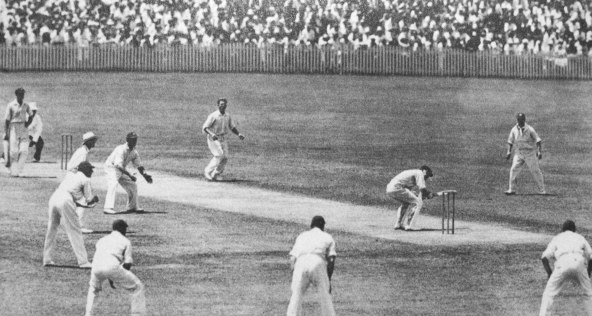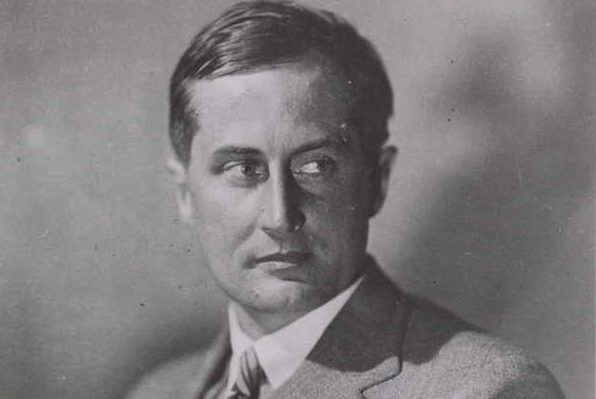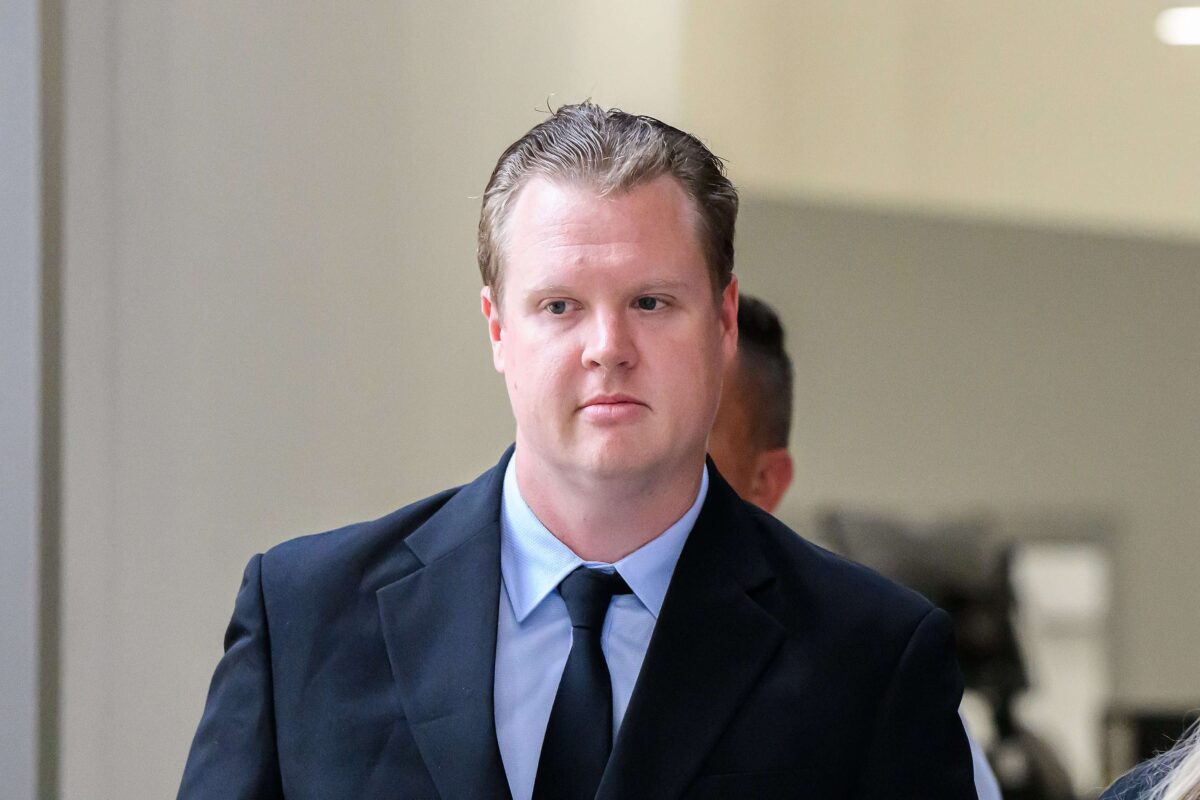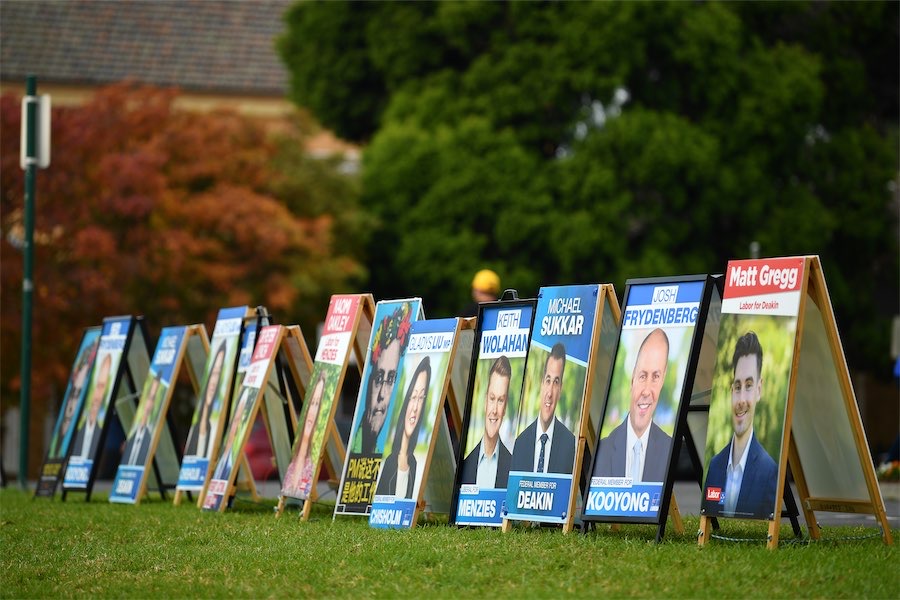
“When the Australian Republic Movement finally presented its new model, it barely ruffled the newsrooms’ feathers. To rub it in, the PM renamed Aspen Island, a dot in Lake Burley Griffin, Queen Elizabeth II Island,” writes “The Gadfly” columnist ROBERT MACKLIN.
IT’S an unforgettable image. As the Australian captain, Pat Cummins pounded in and launched one of his thunderbolts, the English tailender, Ollie Robinson stepped away, barely attempting to intercept the pink ball that crashed into his stumps.
Game over. The English team had waved the white flag of surrender. In less than two hours our fast bowlers sliced the opposition into bite-sized pieces. They’d done it, not with fearsome “bouncers” to the head and heart, but aimed with laser-like precision at their weaknesses outside the off stump or defending the wickets with their willow wands.
That final Test in Hobart put the seal on a 4-0 series to Australia, and here’s the best part – our team’s celebration was jubilant but brief.
The next moment, they were shaking hands with their opponents in a spirit of genuine goodwill, even to the surly slugger, Ben Stokes, to whom losing to Australia is like chopping off your foot with a machete. The goodwill reflected Pat Cummins’ captaincy. It was his first series as skipper but already he’s displayed a grace in leadership so sadly lacking in other areas of Australian endeavour (yes, that one).
In one of those happy coincidences, the same day I’d been writing of a very different Ashes series. I was giving context to a period in the life of my new biography subject, the great naturalist, war hero, and Aboriginal advocate, Donald Thomson. He was ahead of his time but gave his life – which ended in 1970 – to the Aboriginal cause.

The notorious “Bodyline” series of 1932-33 took place just as he was preparing to set out on a peacekeeping mission in the NT for the Lyons government. But such was the viciousness of that Ashes contest that he might well have used his mediation talents at the MCG rather than the wilds of East Arnhem Land.
England’s captain, Douglas Jardine, had devised the infamous “Bodyline” to counter Don Bradman’s batting genius by having his fast bowlers pitch the ball short, so it reared at the batsman’s unprotected head and shoulders.
The issue became deadly serious when captain Bill Woodfull was felled by a “bouncer” and ‘keeper Bert Oldfield suffered a fractured skull. The Australian Cricket Board sent furious public cables to their British counterparts, and they responded in kind.
Prime Minister Lyons met with the Board and warned of “the severe economic hardships that could be caused if the British public boycotted Australian trade”.
Gradually, the temperature lowered but the “Bodyline” fracas, like the Great Depression’s economic convulsion, became public markers on Australia’s pathway from the colonial era. And now? Well, none of that nonsense in the women’s game but within Australia’s establishment there’s a curious clinging to the strings of our colonial past.
The ABC, for example, swamps us with BBC cast-offs, and patronising Britishers who keep “doing” Australia, from Tony “Baldrick” Robinson, Griff Rhys Jones and a train traveller whose name escapes me.
And when the Australian Republic Movement finally presented its new model, it barely ruffled the newsrooms’ feathers. To rub it in, PM Scott Morrison renamed Aspen Island, a dot in Lake Burley Griffin, Queen Elizabeth II Island.
Oh well, at least Pat Cummins’ equally commendable bowling partner was Scott Boland, a proud Gulidjan man. His astonishing six wickets for seven runs at the MCG is the other unforgettable image from the series. Were he still with us, Donald Thomson would be amazed, and thrilled.
Who can be trusted?
In a world of spin and confusion, there’s never been a more important time to support independent journalism in Canberra.
If you trust our work online and want to enforce the power of independent voices, I invite you to make a small contribution.
Every dollar of support is invested back into our journalism to help keep citynews.com.au strong and free.
Thank you,
Ian Meikle, editor




Leave a Reply